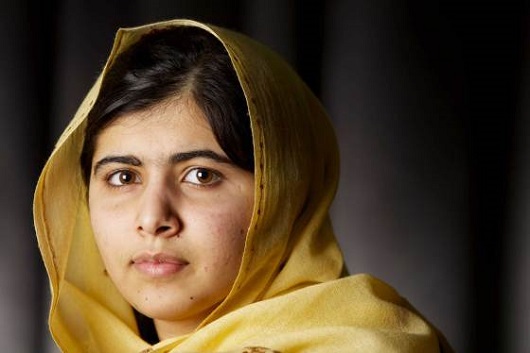Malala Yousafzai: Fighting for Global Education

In 2012, 15-year-old Malala Yousafzai was shot three times by the Taliban because she was fighting for her right to attend school. Three years later, the youngest Nobel Peace Prize winner is creating a social movement through her activism regarding global education.
Now 18 years old, Yousafzai has called on the United States and other leading powers to devote more of their foreign policy to educational opportunities for needy children around the world.
“World leaders…are only focusing on six years of education, or nine years,” she said at a panel event co-hosted by Foreign Policy, Vital Voices, and the Malala Fund at the Carnegie Endowment in Washington. “This is not how we are going to achieve success in our future. It is necessary we provide 12 years of quality education to every child.”
Around the world, 57 million children of primary school age do not attend school, with half of these children living in sub-Saharan Africa. Out of these children, 54 percent who do not attend primary school are girls.
Yousafzai argues that leading world powers spend too much on their military forces and should promote, “Books, not bullets. Books, not bombs.”
According to the U.S. Department of Defense archives, $663 billion of the U.S. budget goes towards the military while a mere 0.1 percent is used for foreign aid, including global education.
As Yousafzai continues her global activism and promotion of the Malala Fund, the Nobel Peace Prize winner is finishing her high school education in England because she is afraid the Taliban will kill her if she tries returning to Pakistan.
While finishing school is her top priority, the activist also has a documentary being released on October 2. The documentary “He Named Me Malala” will follow Yousafzai’s life as she completes schoolwork, visits schoolgirls in Nigeria, and viewers will even have the opportunity to see the aftermath of the gunshot injuries as she undergoes surgery and physical therapy.
“I made a choice not to tell the global political story,” said film director Davis Guggenheim during the Q&A after the Telluride Film Festival screening. “As a father of two daughters, I wanted to tell the story of… why did this amazing girl happen?”
As the documentary’s release date to the public approaches, there are high hopes that the film will start a conversation and make a lasting impact on the current state of global education.
– Alexandra Korman
Sources: BMZ, Fast Coexist, Foreign Policy, Los Angeles Times
Photo: Flickr
